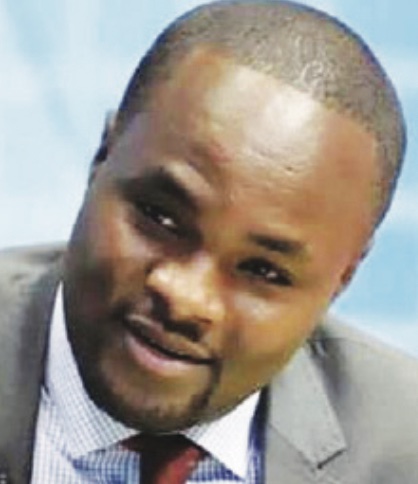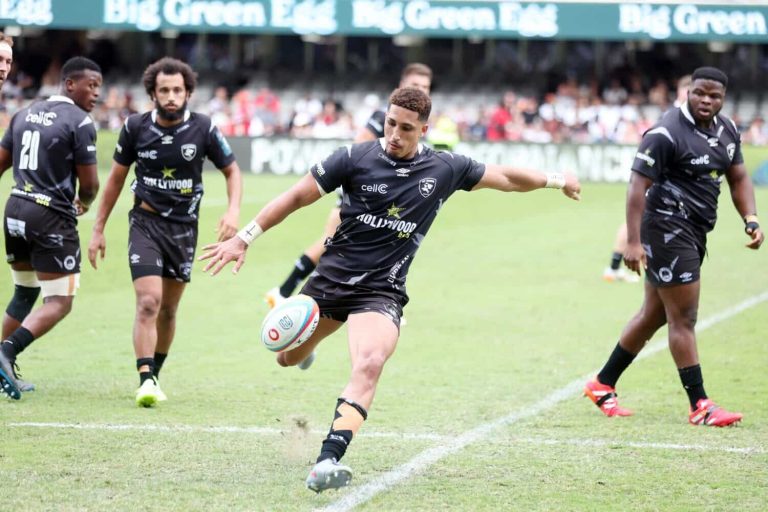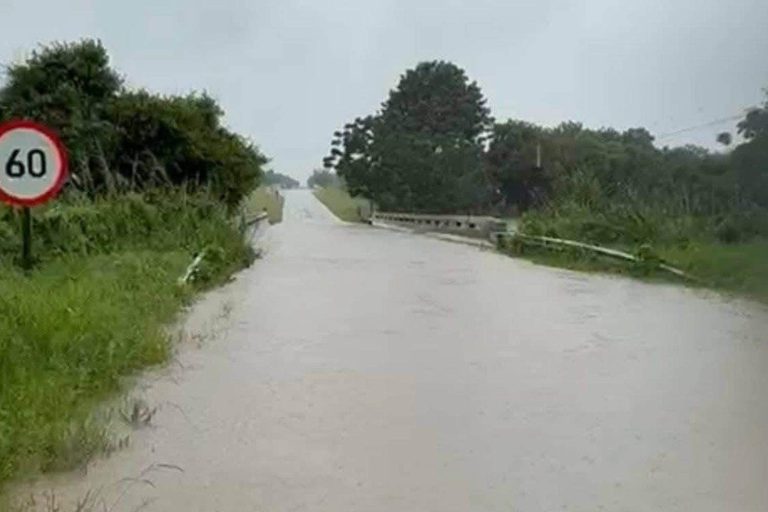
Screenshot

Last week – drawing upon a keynote address delivered (on 6th August 2025) at the invitation of Justice Access Point (JAP) – we began an examination of the question whether the police in Uganda could live up to the ideal of democratic policing and, by extension (or in this process), gain the trust of the public whom they are meant to serve and protect.
We observed that the duty of ‘democratic policing’ is one which is already a part of obligations undertaken by Uganda under international and regional legal normative instruments.
In addition, it is one envisaged and stipulated under several provisions of the 1995 Constitution of Uganda (Articles 1, 2, 20-50, 211-214 and 221, among others).
Unfortunately, since the passing of the present Constitution (which marked its thirtieth ‘birthday’ last week on 8th October) the people of Uganda have continued to experience ‘regime policing’ (or the oppressive policing first suffered during the colonial period) rather than the ‘democratic policing’ promised under the supreme law.
Instead of all persons being treated respectfully by the police, and having their rights and dignity upheld at all times, it appears only a particular kind of Ugandans are true ‘citizens’ in that sense.
This is most keenly demonstrated in the area of civil and political rights, where some demonstrations are permitted (and even offered full police protection) while others, however mild, are ruthlessly dispersed.
Few Ugandans will forget, for instance, the brutality inflicted on Ugandans in November 2020 (in the run-up to the 2021 general elections) which left about 54 people dead and several others either injured or arrested (or both). Todate, little or no accountability for those lives has been provided.
When pressed on this point in 2022, the then Police Spokesperson Mr. Fred Enanga, observed that a ‘comprehensive report’ into the killings had been prepared, but that it could only be accessed by ‘writing to the Inspector General of Police (IGP) Martins Okoth-Ochola and paying about Shs 60,000 to Shs 70,000’ (See ‘Police report on November 2020 killings costs Shs 70,000’ The Observer, 25th May 2022).
A year later, in May 2023, the then Director of Complaints, Investigations and Legal Services at the Uganda Human Rights Commission (UHRC), Ms Ida Nakiganda (who has since then been appointed a Judge of the High Court) noted the unmistakably disparate approach adopted by the police to rallies organized by General Muhoozi Kainerugaba, on the one hand, and those convened by opposition groups (See Andrew Bagala ‘UHRC quiz IGP’s representative over Muhoozi’s rallies’ The Monitor, 5th May 2023).
This discriminatory policing has been inextricably linked to the militarization of the police which (as noted last week) is a direct continuation of a phenomenon experienced at the establishment of colonial Uganda in 1894.
Nonetheless, the NRM (and/or the ‘original NRA’) under General Yoweri Museveni have taken this a notch higher.
As Sylvie Namwase, James Nkuubi and colleagues noted in their critical 2024 HURIPEC report entitled ‘Guns, Bread and Butter: Militarization of Economic Sectors and Public Institutions in Uganda – A Socio-Legal Analysis’ (HURIPEC Report) this has been characterized by, among other things, appointing Uganda Peoples’ Defence Forces (UPDF) officers to key positions in the police; adopting military training for policy; supplying the police with heavy arms typically meant for use by the army; the use of army-type uniforms by the police; joint deployment of the UPF and UPDF in ordinarily police operations; and the creation of paramilitary units in the police (such as Rapid Response Unit – formerly the Violent Crimes Crack Unit, and the Joint Anti-Terrorist Task Force).
Indeed, for a long time, it almost seemed to be a requirement for the IGP to be a serving military officer, with the deployments of General Katumba Wamala (2001-2005) and General Kale Kayihura (2005-2018).
There is a direct link between this militarism and the weaponization of the police as a tool against unarmed opposition to the regime, as the November 2020 killings demonstrate. That fatal operation was a joint UPF and UPDF deployment, and the results of the evident domination of military ethos over ordinarily police values were the killing of Ugandan civilians (including children).

It is little wonder that the Official Report into those killings has been kept away from the general public (with strange requirement of a written request and a cash payment) – according to a leaked report, of the 54 persons killed in that operation, only 11 were ‘rioters’ (itself not a ‘crime’ attracting extrajudicial killing) with the rest being killed by ‘stray bullets’ (See Tabu Butagira and Elizabeth Kamurungi ‘Government probe report on November riots leaks’ The Monitor, 17th May 2021).
Perhaps predictably, there is now strong evidence that the police itself is a veritable victim, if not outright hostage, of the UPDF. The April 2025 incident in which UPDF officers attacked Lubowa police station and beat up police officers is one example.
Another is the June 2025 incident in which soldiers invaded the Wakiso District Police station and fired live bullets demanding the release of certain individuals arrested over a land dispute. Aside from the scourge of discriminatory and militarized policing or ‘regime policing’ is the reality of ‘criminal polic(ing)’ whether through cooperation with or co-option of criminal gangs or actual criminality perpetrated by police officers themselves.
One of the most notorious instances of this was the emergence of the so-called ‘Boda Boda 2010’ gang, headed by Abdullah Kitatta. At the height of their power (in 2016) this group even had the audacity of raiding Makindye Chief Magistrates’ Court to frustrate a scheduled court appearance by the then Inspector General of Police, General Kale Kayihura.
Prior to this, the group had been infamous as a weapon against opposition assemblies, deploying against Col (Rtd) Dr Kizza Besigye in the 2011 general elections and their aftermath.

This criminal-police alliance would be confirmed by President Yoweri Museveni himself in March 2017, in the wake of the murder of the then Assistant Inspector General of Police, Inspector Andrew Felix Kaweesi.
At that time, the President acknowledged that ‘the criminals ha[d] infiltrated the police’ and that they were intimidating and even killing witnesses to certain crimes (See ‘Police infiltrated by criminals – Museveni’, The Monitor, 20th March 2017).
Further, in November 2017, nine senior police officers were found to be involved in a narcotics syndicate, which included the diversion of 85 kilos of drugs with a street value of USD 3,600,000 (see Deo Gumba ‘Police crime syndicate disrupted in Uganda’ ENACT Africa, 13th December 2017).
It can be no wonder that the ordinary Ugandan, faced with a ‘police force’ that oscillates between oppression and outright criminality, has very little trust in the police. According to the 2023 Justice Access Point Annual Status Report on Policing in Uganda for instance, only 7.9% of respondents felt that the Uganda Police Force was run as a professional institution (at page 41).
In addition, less than 20% felt the police was generally accountable to the people they were meant to serve (at page 36) and only 6.4% felt that the police upheld human rights (at page 34).
These findings are consistent with previous studies which had found that only one in five Ugandans expressed trust in the police, and that most citizens viewed the police force as the most corrupt key institution in the country (See Makanga Ronald Kakumba and Matthias ‘Brutality and corruption undermine trust in Uganda’s Police: Can the damage be undone?’ Afrobarometer Policy Paper No.88, August 2023).
These are damning statistics, which point to the absolute and fundamental failure of democratic policing in Uganda, sixty- three years after the country obtained its independence. It is impossible, given the current trends and manifestations of police power in Uganda, to argue that the police force in Uganda is accountable to the people of Uganda, or that – in turn – the people trust the police to serve and protect them.

Indeed, according to a recent study, Ugandans trust Local Council leaders more than they do the police – a serious indictment of the UPF’s structures, values and practices (See Nelson Kiva ‘Ugandans Trust LCs more than the Police-Report’ The New Vision 29th March 2025, citing an Afrobarometer study conducted between 16th January and 2nd February 2025).
The police have clearly fallen short of the norms and standards stipulated under international, regional and national law with regard to democratic policing. Evidently, the letter and spirit of the 1995 Constitution have not been realized in practice.
Next week, we conclude by pointing out an even more pernicious development – the way in which the law itself has been weaponized to legitimize the continuation of colonial, oppressive, discriminatory and regime policing rather than to midwife the democratic police envisaged under the Constitution.
The writer is Senior Lecturer and Director of the Human Rights and Peace Centre (HURIPEC) at the School of Law, Makerere University, where he teaches Constitutional Law and International Law.



